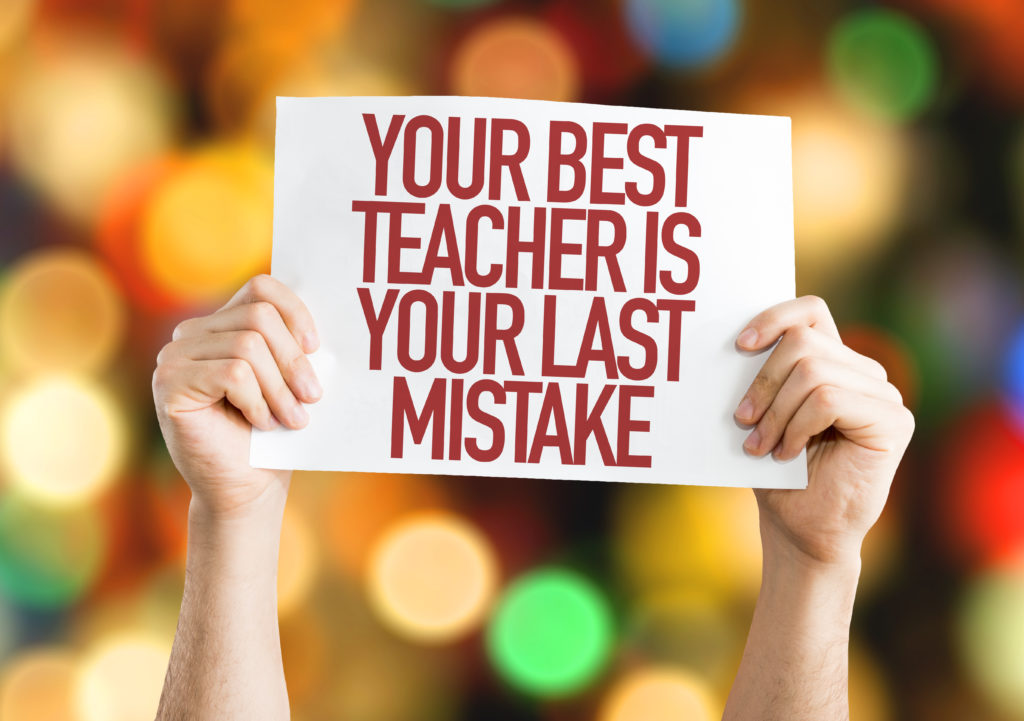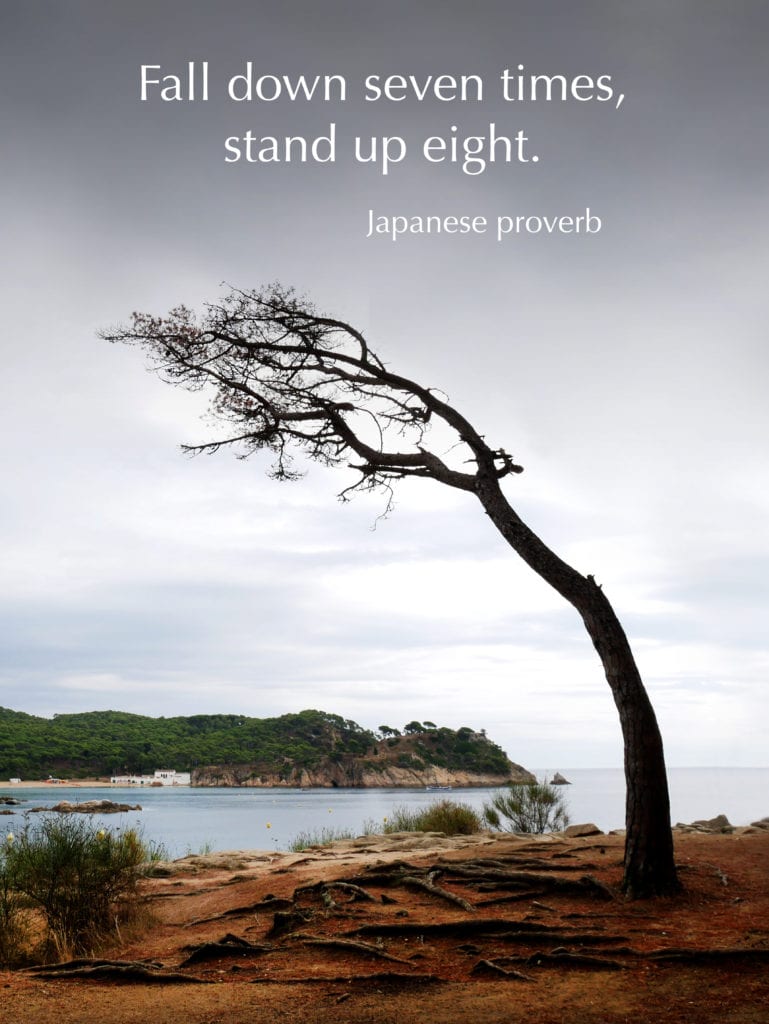Raising Resilient Students
Raising Resilient Students

Julie Lycott-Haimes, while Dean of Students at Stanford, noticed that incoming freshmen were less resilient to handle the challenges of college life. In her book, How to Raise Successful Children: Break Free of the Overparenting Trap and Prepare Your Kid for Success, she describes how the over-helping done by parents and by educators, too, has crippled our youth so that they are less able to “#adult.”
Helicopter parenting has morphed into “snowplow” parenting in the winter, “lawnmower” parenting in the summer, describing how parents remove any obstacle in their child’s journey to adulthood. The college admission scandal is an example of this level of parent interference. Of course, they are doing it out of love, not realizing that they are robbing their child of the valuable lessons that come with challenges. The implicit message is, “I don’t trust you so I have to do it for you.”
Lythcott-Haims’ powerful video linked here conveys the strong case for how parents must work themselves out of a job and captures one of the important principles of Awakening Wisdom.
One of the essential elements of Awakening Wisdom is to empower young people through supporting their autonomy, encouraging their voice and choice, appropriate for each developmental age. We share this guiding principle:
“Do not do for your children what they can learn to do for themselves.”
When we adults let go and provide the space for our children and our students to make choices – good ones and not so good ones, they learn from their mistakes, which is how we humans have learned from the beginning of time. Falling down is critical to learning how to pick oneself up. No one can do that for a child.
With each challenge, a child learns to problem solve, manage their emotions, and learn that they are capable of overcoming obstacles in their young lives, preparing them for the bigger challenges of adulthood. They are capable of much more than adults today assume they are able.
The Japanese have a wonderful saying, which captures this process of resilience-growing:

WELCOME
Awakening Wisdom is based on the Ho`āla Educational Philosophy, founded in large part by Sr. Joan Madden, BVM, and has been finely tuned over the past 42 years at three schools, Our Lady of Sorrows and Ho`āla School, both in Wahiawa, HI, and River School in Napa, CA.
